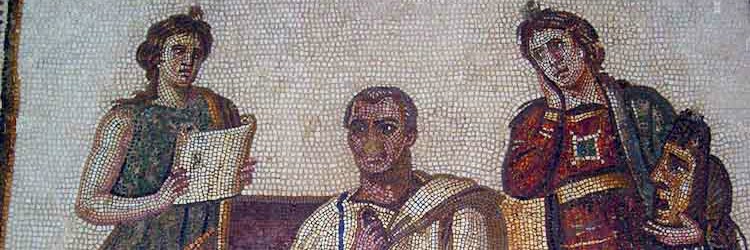An important element of incentive travel is often underestimated: the cultural tour. However, we believe it is an integral part of the experiential training project and should always be combined with any team building activity to enhance corporate incentives.
The importance of cultural travel can be traced back to the end of the seventeenth century, when young people from the ruling classes were sent by their families to learn about other cultures and broaden their horizons. These trips provided invaluable opportunities for personal growth, cultural awareness and the development of a global perspective.
In today’s context, the importance of the cultural tour remains as relevant as ever. It offers participants the opportunity to immerse themselves in the local customs, traditions and heritage of the destination they are visiting, which is a key aspect of corporate incentives. This hands-on experience fosters a deeper understanding and appreciation of different cultures, and promotes intercultural competence and empathy among team members.
Culture and activity mixed together
By combining the cultural tour with team building activities, companies can create a comprehensive and effective incentive travel programme. The cultural tour not only enhances the overall experience, but also adds an educational component that aligns with the objectives of experiential training projects, making it a valuable part of corporate incentives.
During the cultural tour, participants can engage in activities such as visiting historical sites, exploring local markets, attending cultural performances or even participating in traditional rituals. These immersive experiences develop teamwork, communication and problem-solving skills as participants navigate unfamiliar environments and interact with locals.
In addition, the cultural trip allows individuals to step out of their comfort zones and embrace new perspectives. It challenges preconceived notions and prejudices, fostering a more inclusive and open-minded working environment when they return to the workplace. This openness can be an important part of corporate incentives.
When it comes to incentive travel, the importance of cultural tours is often overlooked. It provides a unique opportunity for participants to learn about other cultures, develop intercultural skills and improve teamwork. When combined with team building activities, firms can create a well-rounded experiential training project that leaves a lasting impact on participants. This in turn increases the effectiveness of corporate incentives.
Benefits of corporate Incentives
Corporate incentives are a powerful motivator for employees, encouraging them to achieve their goals and exceed expectations. By offering unique travel experiences, companies can boost employee engagement, morale and productivity, leading to increased retention and loyalty.
In addition, branded incentive travel allows companies to strengthen their corporate culture by emphasising their core values and encouraging team building. Employees who participate in these experiences often return with a greater sense of camaraderie and shared purpose, leading to improved collaboration and a more positive work environment.
In summary, branded incentive travel allows companies to build brand awareness and reputation. When employees, partners or customers share their experiences on social media or with their networks, it reinforces the company’s brand message and creates positive associations with the brand. This increased visibility can attract top talent, new business opportunities and strengthen the company’s market position.







